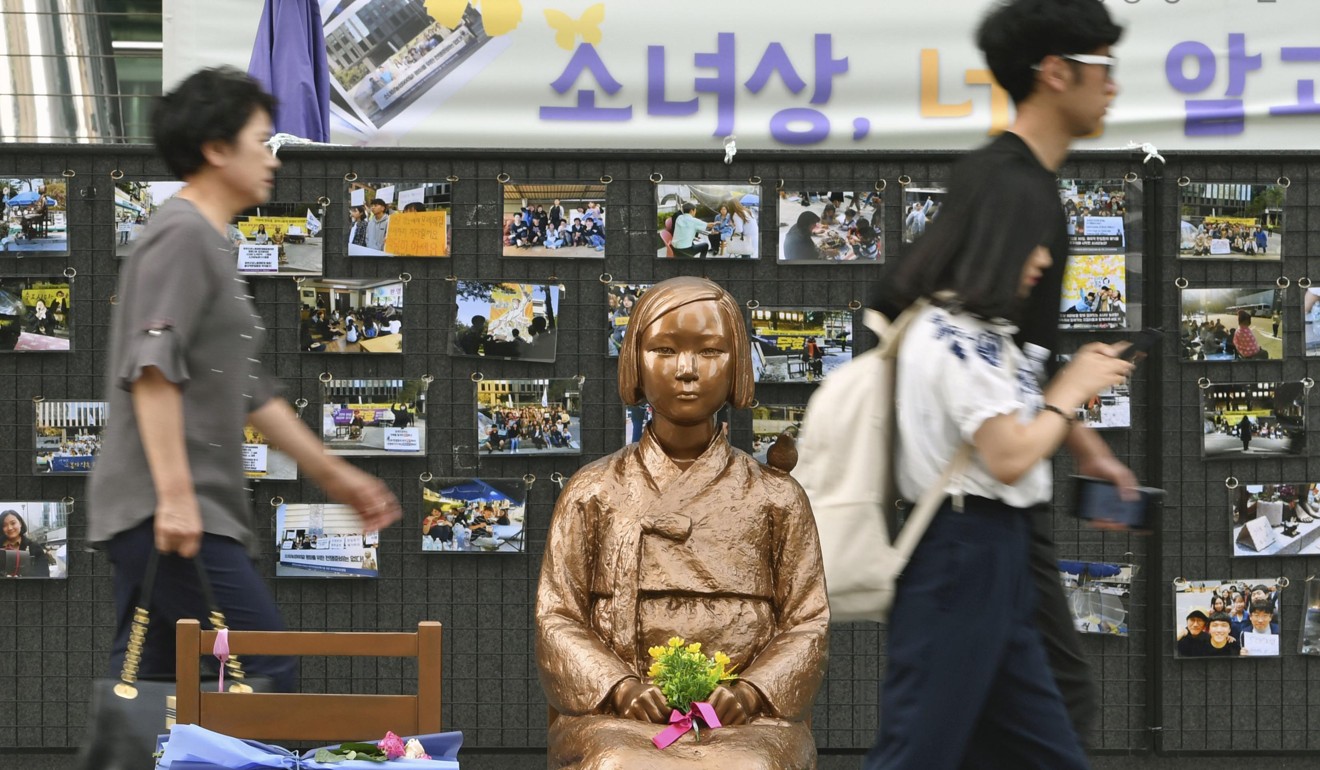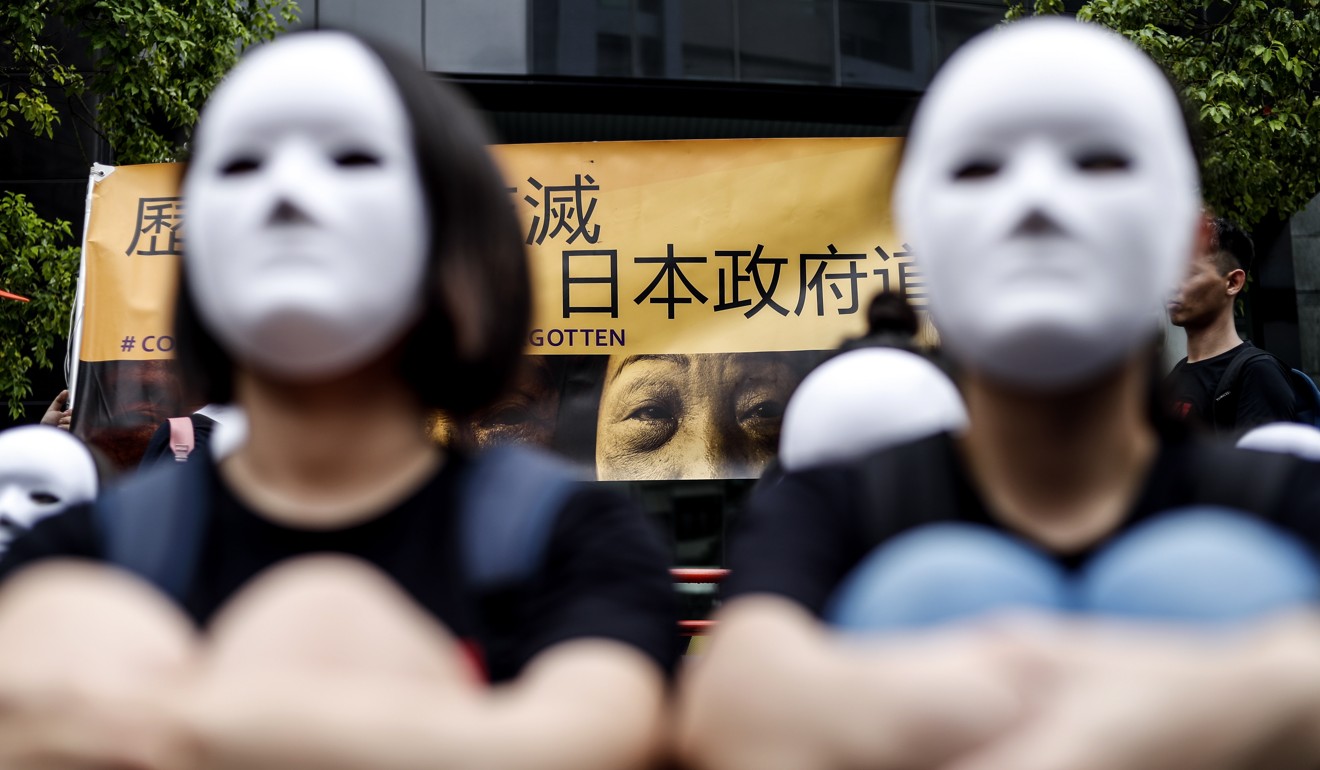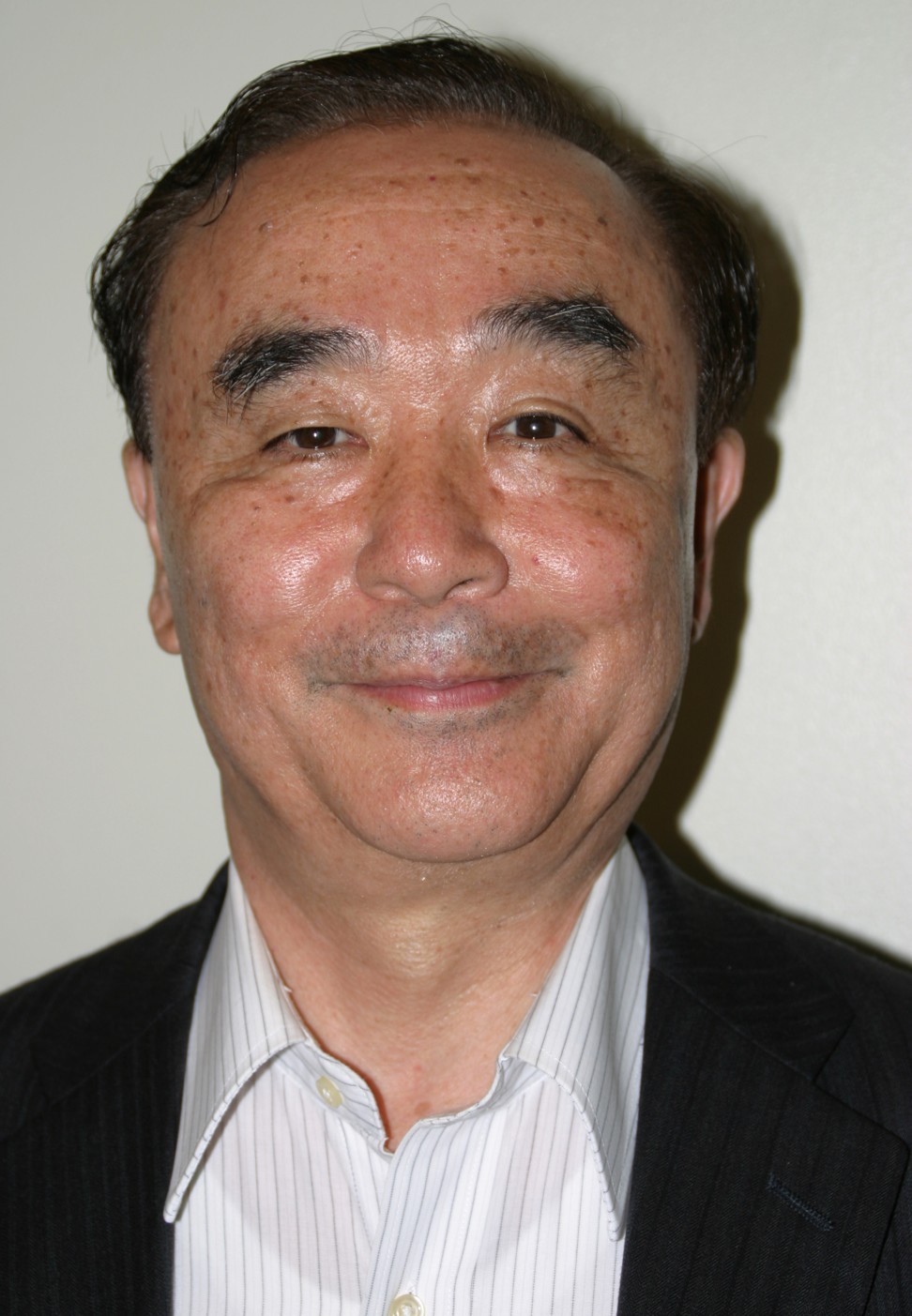
Japan’s conservatives cry bias as UN committee takes Tokyo to task over wartime ‘comfort women’
Nationalist groups claim UN Committee on the Elimination of Racial Discrimination is ‘biased’ on issue of women forced into prostitution during colonial era
Conservative groups in Japan have accused a United Nations committee on racial discrimination of bias towards the country, after its members insisted the government take responsibility for violating the rights of wartime sex slaves.
The UN Committee on the Elimination of Racial Discrimination must be reformed so its composition is “balanced and fair” and it issues recommendations “based on facts rather than hearsay,” the critics say.
If not, they say, the Japanese government should withdraw from the International Convention on the Elimination of All Forms of Racial Discrimination (ICERD) or resign from the Human Rights Council.
“The commission’s recommendations are extremely biased and not based on the evidence,” said Hiromichi Moteki, acting chairman of Tokyo’s Society for the Dissemination of Historical Fact. “We are only asking that the committee’s decisions be based on facts, which we feel is [reasonable], but these stupid recommendations are a violation of the beliefs of Japanese people.”
South Korean naval ships will dock in Japan, aiming to resolve row over ‘rising sun’ flag
The 96th session of ICERD was held in Geneva over 24 days from August 6, with Japan among a number of nations – including China and Cuba – providing updates on domestic efforts to prevent racial discrimination.
Those presentations were followed by information provided by civic groups.
Among the 11 organisations from Japan was the Academics’ Alliance for Correcting Groundless Criticisms of Japan, which declared in its submission to the UN that Japan was a “pioneer in this field because she has suffered racial discrimination for many decades”, adding that racial discrimination was the cause of the outbreak of the second world war in the Pacific.

The UN has estimated that Japan forced some 200,000 women, most of them Korean, into working at military brothels before and during the second world war.
The response of committee members to the groups’ submissions only further incensed nationalists in Japan.
Why is racism so big in Japan?
Marc Bossuyt, a member of the Permanent Court of Arbitration in The Hague and a former judge at the Belgian Constitutional Court, said he would “not tolerate the minimisation of the comfort women problem” and he “did not understand” the Japanese government’s position that the term “sexual slavery” was inappropriate.
“Problems relating to military personnel and sex arise in the armed forces of every nation,” the Society for the Dissemination of Historical Fact fired back in a written rebuttal. “Are problems similar to the comfort women issues, but that occurred in other nations, also going to be questioned?”
The group claims no women were forced to serve in brothels for the military during the imperial era and those who did so were well-paid professional prostitutes who were managed by individuals unconnected to the armed forces.
Gay McDougall, an American academic who conducted a 1998 study which described “comfort stations” as “rape centres”, was criticised by the same organisation for calling “for a halt to discussions of facts” as well as using “her pet phrase ‘the honour and dignity of women’”.
Ken Kato, director of Tokyo-based Human Rights in Asia, said ICERD was wrong to judge a settlement reached in 2016 between South Korea and Japan that both sides agreed would permanently resolve the comfort women issue.
“ICERD has been hijacked by activists who are using it for propaganda purposes and exceeding its mandate,” he said.
In Japan’s dying countryside, ancient festivals struggle to live
Kato noted that the members of ICERD include Chung Chinsung, a South Korean academic who was previously a member of the Korean Council for the Women Drafted for Military Sexual Slavery by Japan – an organisation Kato claims is pro-North Korean and strongly opposed to the administration of former President Park Geun-hye.
He said Chung’s organisation “pressured” former comfort women not to accept money from Japan, while media reports characterised those who did as “dirty women who received dirty money from Japan”.
In its submission disputing the committee’s findings, the Society for the Dissemination of Historical Fact said Japan should “put an end to debates over the comfort women at the United Nations”, in part because apologies put forward by Tokyo in the past “have given the misleading impression that Japan is acknowledging criminal behaviour”.
Jeff Kingston, director of Asian Studies at the Tokyo campus of Temple University, said the fury coming from nationalist groups was a reflection of Prime Minister Shinzo Abe “going to war with the UN on a number of fronts”.

If Duterte is too ill to lead the Philippines, who is next in line for power?
“Japan has shifted its stance dramatically and we are seeing a fierce back-pedalling by Abe from previous administrations that did far more to embrace liberal, international values,” Kingston said. “This puts Japan on more of a collision course with various UN organisations that promote those liberal values.
“And when Japan says [the UN committee’s decision] is biased, we have to remember that Japan has signed up to ICERD but never enacted necessary laws to realise that goal, so Tokyo is effectively in violation of its prior commitments – but I would not expect them to ever pass those laws because that would effectively be an admission that there is a problem.” ■


